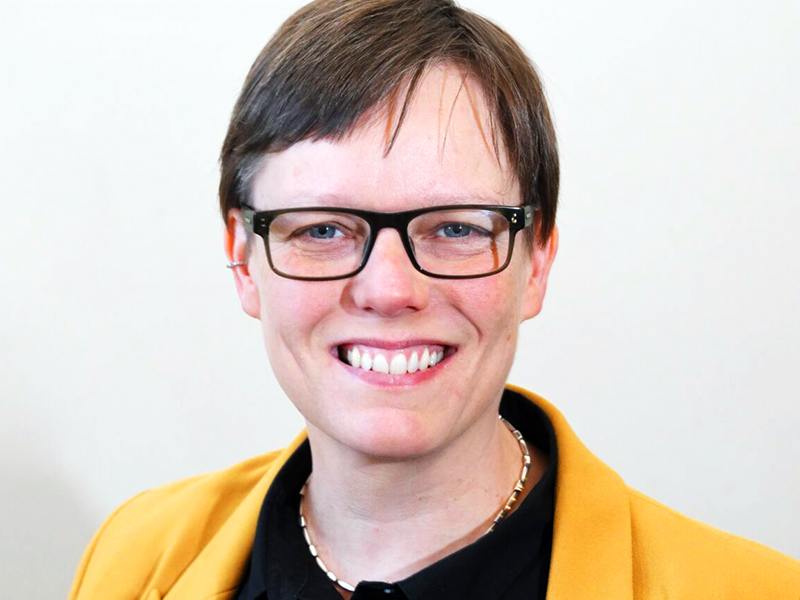Rachel Cackett says it’s even more pressing that action is taken to improve understanding of self-harm, reduce stigma and strengthen support
2020 has brought many of the challenges and pressures facing people and communities in Scotland into even sharper focus. It’s also shone new light on the integral role of the third sector in responding to these challenges and supporting mental health and wellbeing. This role is not new, but during this unprecedented year the hashtag #NeverMoreNeeded has never felt more true.
We were reminded again of the power of the third sector to offer a vital lifeline for people who are struggling through our recent work to improve understanding of self-harm.
Last year, Samaritans free, 24-hour helpline provided emotional support to someone in connection with self-harm once every two minutes. That’s 272,000 conversations where someone took the brave step of asking for help and someone else - in this case a volunteer - was there to listen with kindness and without judgement. Our recent report, Hidden Too Long: uncovering self-harm in Scotland, highlights just how vital that kind, non-judgemental response can be.
Self-harm was a growing public health challenge long before the coronavirus pandemic - recent data shows the proportion of adults in Scotland who say they have ever self-harmed more than doubled from 3% in 2008-09 to 7% in 2018-19, while one in six (16%) young people aged 16-24 said they had self-harmed at some point. As the current uncertainty continues to impact on mental health it’s even more pressing that we take action to improve understanding of self-harm, reduce stigma and strengthen support.
Through our research with people who have direct experience of self-harm, professionals working across different sectors and services, and with the wider public, we developed a clearer picture of this often hidden and misunderstood issue. We were encouraged to find that nine in 10 adults in Scotland believe that self-harm is a serious issue and that more should be done to address it. But our research also found that two in five Scots would not know how to support someone close to them if they were self-harming
Among people with direct experience of self-harm, only half sought support after their most recent experience of self-harm. Some of the most common reasons people didn’t seek support were fears around being judged, discomfort in talking about self-harm and a feeling that services couldn’t or wouldn’t help them. And our conversations with stakeholders working across frontline services highlighted many challenges that prevented professionals from delivering the compassionate, person-centred response they aspired to.
Despite these challenges, we also found clear opportunities to make meaningful change and the third sector emerged as a key player in this work. Across sectors and services, stakeholders highlighted the power of third sector services to foster the safe spaces and trusted relationships that support people to talk openly about self-harm and seek help. There was a clear desire for health, social care, emergency services and others to work with the third sector to respond not only to the immediate impact of self-harm but also to understand and address the underlying causes of self-harm.
Self-harm is an issue that’s been hidden too long. But, by working together, we can make the changes required to challenge stigma and ensure that the right support is there, at the right time, for anyone who asks for it.
You can read our full report here.
Rachel Cackett is executive director of Samaritans Scotland







